
Join 10k+ people to get notified about new posts, news and tips.
Do not worry we don't spam!
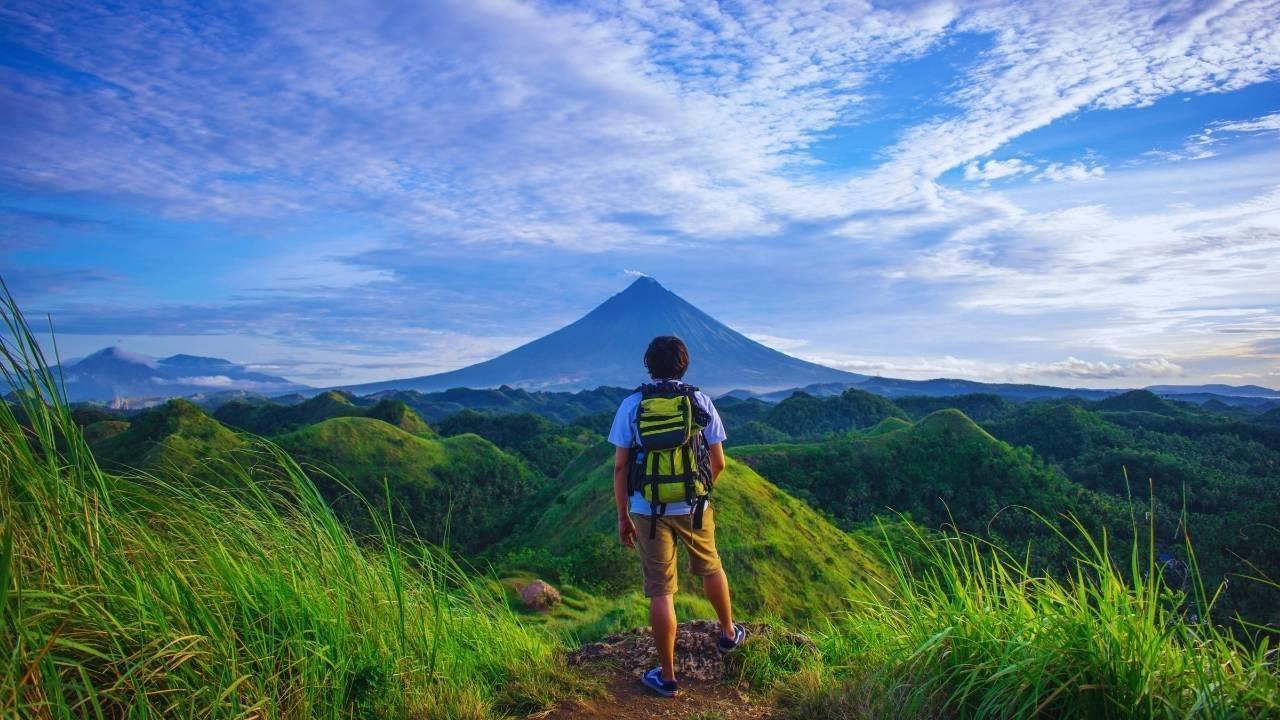
Post by : Anis Farhan
Travel patterns in 2025 show a clear departure from pre-pandemic habits. The years of disruption reshaped how people prioritise downtime, merging leisure with evolving work routines. Rather than returning en masse to multi-week, overseas escapes, many are opting for short getaways—compact two-to-four-day trips that fit around work commitments and family life.
Recent global travel figures published this month indicate short breaks have climbed by over 40% year-on-year, while longer holidays have largely flattened. Frequency, convenience and affordability are increasingly outweighing the traditional annual long vacation.
What factors are steering this change, and does it mark a lasting decline for long-stay travel?
Hybrid schedules and flexible hours are among the main catalysts behind the short-break boom. As remote work becomes embedded in many sectors, employees can stretch a standard weekend into a four-day respite without formal leave. The emerging "time-conscious" approach values regular, smaller pauses over one protracted break.
Industry observers note a shift in expectations: travellers seek frequent, restorative escapes rather than a single extended getaway, according to comments made at recent sector events.
Researchers are reporting that repeated short breaks can be more effective at preventing burnout than isolated long holidays. Brief, recurring trips inject novelty and recovery into people’s year, helping sustain wellbeing more consistently.
A behavioural study released this year found participants taking three-day trips every couple of months reported better overall wellbeing compared with those taking one long annual break. The takeaway: steady refreshment often trumps sporadic, intensive rest.
With fluctuating travel costs and economic pressures, shorter regional trips often prove more attainable. Large international vacations require substantial saving, whereas brief nearby trips feel more manageable. Destinations like Sri Lanka, Jordan, Georgia and Bali are seeing growing demand for two-to-four-day itineraries tailored to busy professionals.
Extended vacations historically signified leisure and status, but today they confront practical and emotional impediments. Return-to-office policies in some workplaces, visa complexities and travel disruptions complicate long-term planning.
Additionally, persistent connectivity means many cannot fully unplug, turning what should be an immersive break into a mobile workplace and undermining the restorative promise of long holidays.
Lengthy trips carry considerable emotional investment. After months of planning and saving, travellers often expect perfection, which can lead to disappointment. Short escapes, by contrast, come with lower stakes and greater spontaneity.
Environmental concerns are nudging some travellers away from long-haul flights. Many now prefer several short, lower-impact trips closer to home rather than a single long-distance journey.
Hospitality and carriers are adjusting quickly. Hotels are rolling out micro-stay options—short packages with flexible check-in and late checkout—while airlines advertise limited-time regional fares aimed at weekend travellers.
Tourism authorities in markets such as Thailand, Croatia and the UAE are promoting city-focused "48-hour" campaigns to position themselves as ideal short-break options.
Mobile booking platforms and dynamic pricing make arranging a short trip easier than ever. Real-time offers, location-based suggestions and up-to-date weather tracking encourage spur-of-the-moment travel.
Data from travel platforms show the interval between booking and departure for short trips has fallen to under five days, reflecting increasingly impulsive, experience-driven choices.
Short breaks combine immediate satisfaction with opportunities for mindful engagement. Travellers prize accessible experiences—lingering over local cafés, short nature hikes or focused wellness sessions—rather than cramming an itinerary.
Many professionals view these quick trips as chances to disconnect and recalibrate. A compact getaway can function as a psychological reset, allowing people to return to work with renewed focus.
Long holidays remain unmatched for deep cultural immersion. Extended time in one destination helps travellers learn language nuances, connect with communities and gain richer perspectives—benefits that short trips cannot fully replicate.
Families, adventure travellers and retirees still favour prolonged stays, which also tend to deliver stronger local economic impact through sustained spending.
Hybrid approaches such as "workations" and slow travel are gaining traction, blending the flexibility of short breaks with the immersive character of long stays. These formats appeal to those who seek both productivity and depth.
Generational trends help shape demand. Gen Z travellers, often digitally native with tighter budgets, prefer short, frequent trips to trendy spots. Millennials juggling careers and young families lean toward quick, low-fuss escapes. Older travellers continue to value lengthier journeys for nostalgia and exploration.
Urban populations are the primary drivers of the short-break trend, driven by higher stress levels and limited free time. In contrast, residents of smaller towns and rural areas typically plan less frequent but longer vacations, influenced by travel logistics.
Faced with rising costs, consumers increasingly favour micro-luxuries—boutique hotels, curated dining or wellness treatments that fit within a weekend budget. For the travel sector, this means steadier occupancy and new loyalty strategies targeting frequent short-stay customers.
Some employers now offer flexible leave policies allowing single-day breaks to create extended weekends. These corporate changes have directly supported the growth of short-break travel as a form of routine self-care.
Analysts forecast a blended travel landscape: frequent short escapes interspersed with occasional long adventures. Personal priorities—wellbeing, sustainability, finances and time—will guide individual choices.
Emerging tools such as AI itinerary planners, sustainable transport options and digital-nomad visas are already reshaping how trips of all lengths are planned and taken.
Increasingly, travellers define value in terms of emotional restoration rather than material comfort. Whether a three-day mountain retreat or a month spent abroad, the goal remains the same: restore balance and return refreshed.
The choice between short breaks and long holidays is no longer binary. Short trips deliver frequent restoration and flexibility; long holidays offer depth and immersion. In 2025, savvy travellers will combine both approaches to suit changing work patterns and personal needs, prioritising the quality of time away over its length.
This piece is intended for informational and editorial use. Travellers should weigh personal health, financial and logistical considerations when planning trips. The trends described are drawn from industry data and do not constitute financial or policy advice.






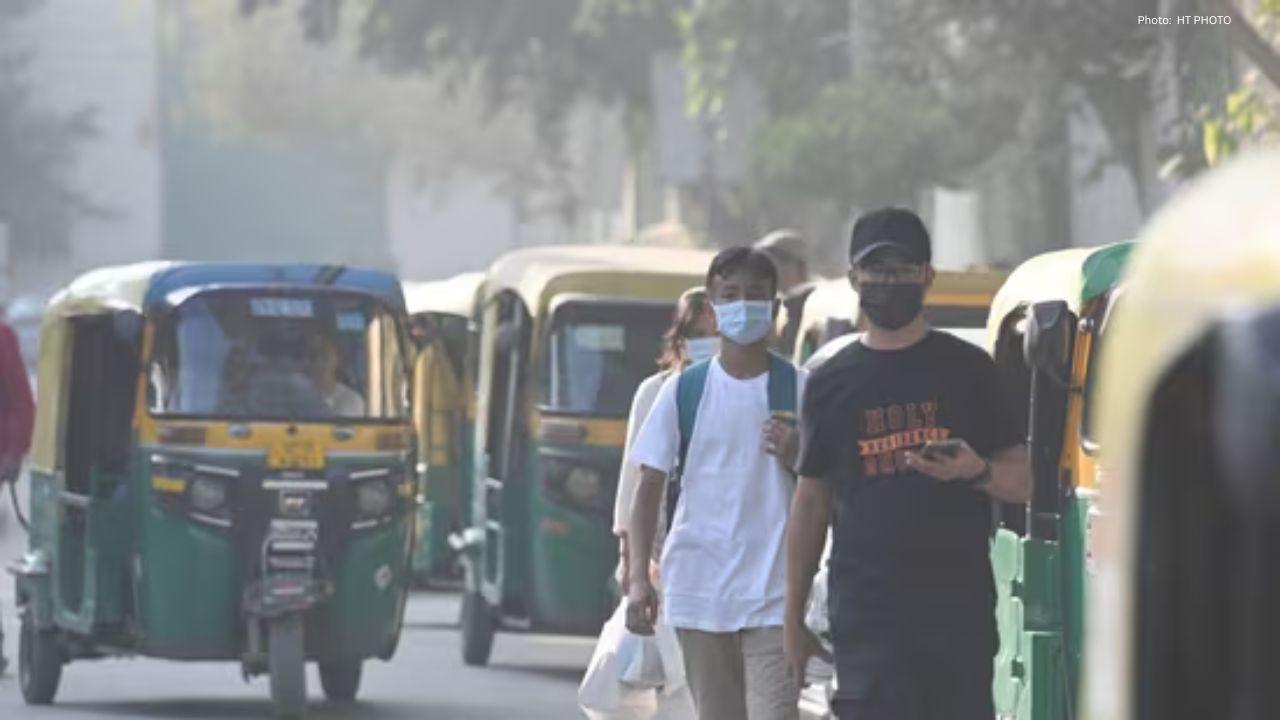
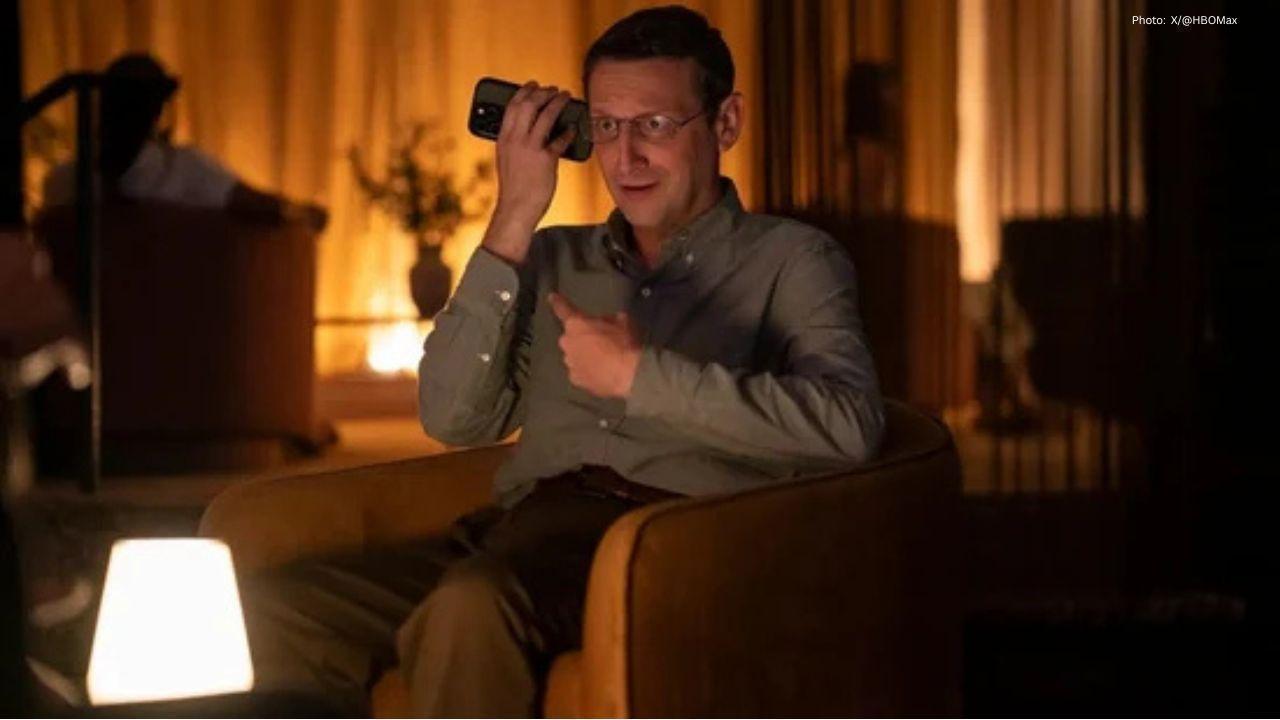


Zohran Mamdani Clinches NYC Mayoral Seat as Victory Speech Blends Politics and Bollywood
Zohran Mamdani won New York City's mayoral race, becoming the city's first Muslim and South Asian ma

India Wins First Women’s World Cup 2025 Title
India lifts its maiden Women’s World Cup 2025 title! Harmanpreet Kaur’s team stuns South Africa in a
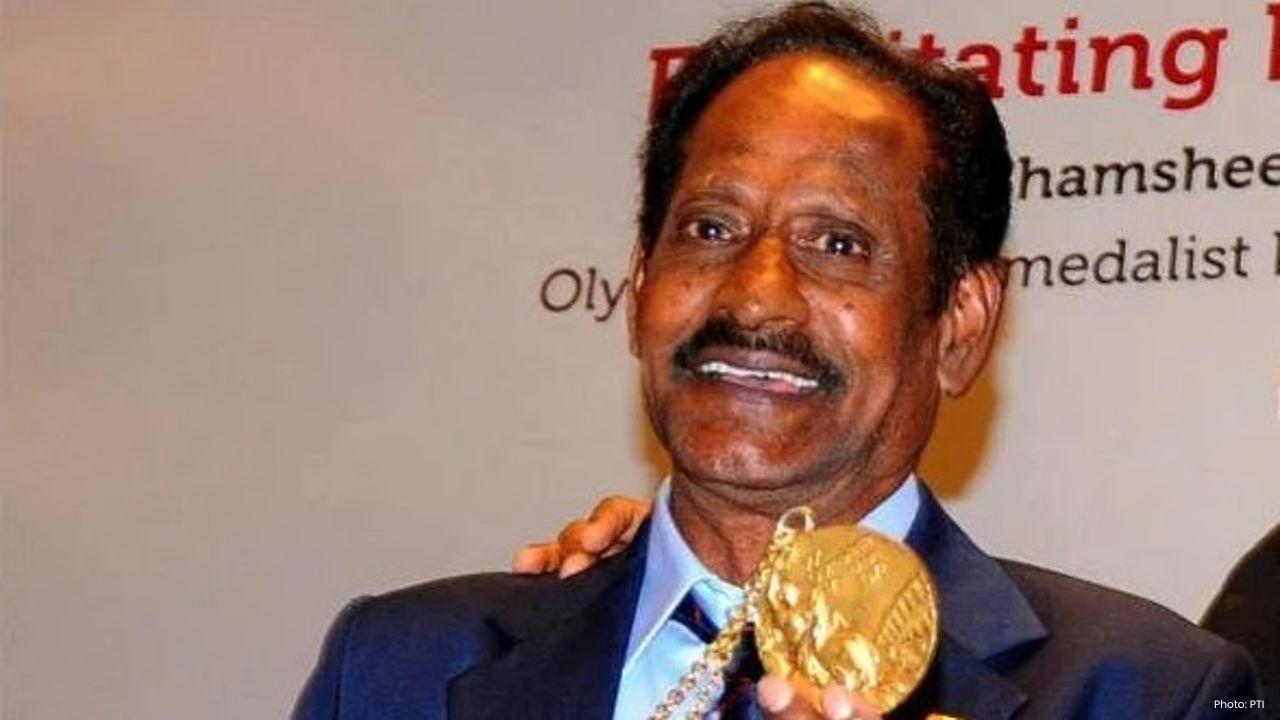
Manuel Frederick, 1972 Olympic Bronze Goalkeeper, Dies at 78
Manuel Frederick, a member of India’s 1972 Olympic bronze hockey team, has died in Bengaluru at 78 a

Muhammad Hamza Raja Wins IFBB Pro Card Puts Pakistan & UAE on Global Stage
Pakistani bodybuilder Muhammad Hamza Raja earns IFBB Pro Card in Czech Republic, showcasing Dubai’s
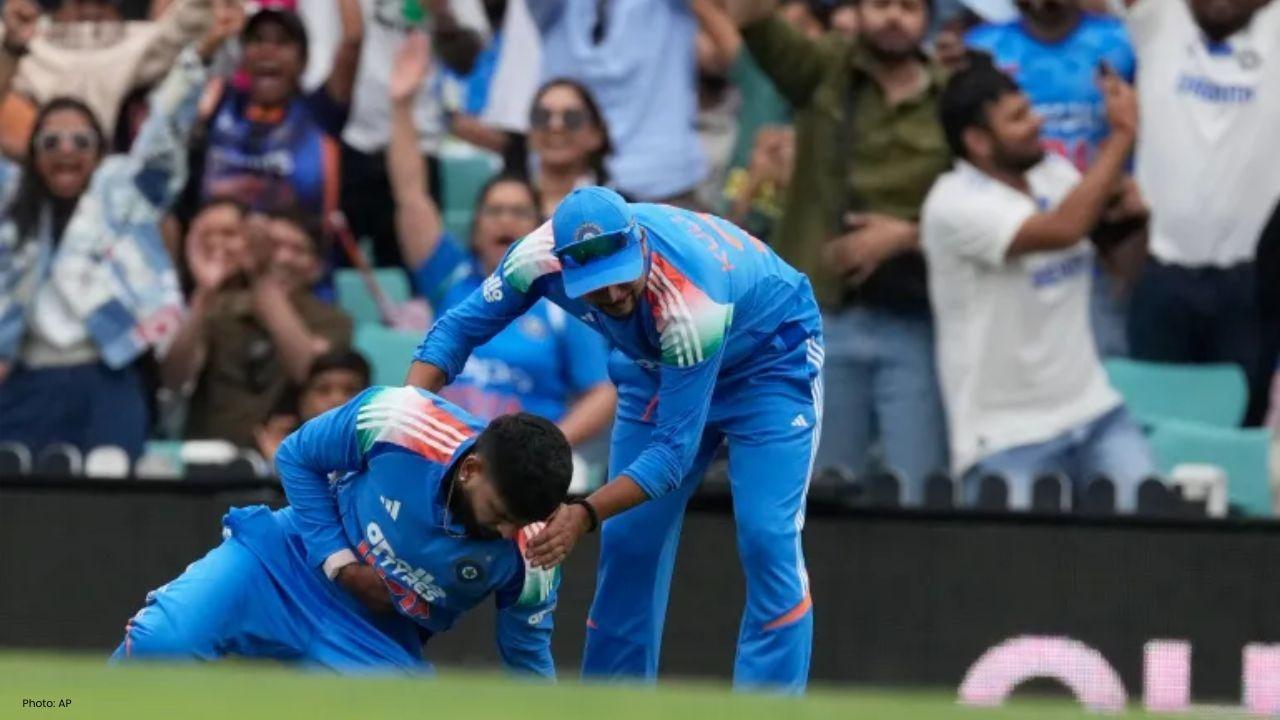
Shreyas Iyer’s Recovery Underway After Spleen Laceration in Sydney ODI
Shreyas Iyer is recovering after a spleen laceration sustained while taking a catch in the Sydney OD
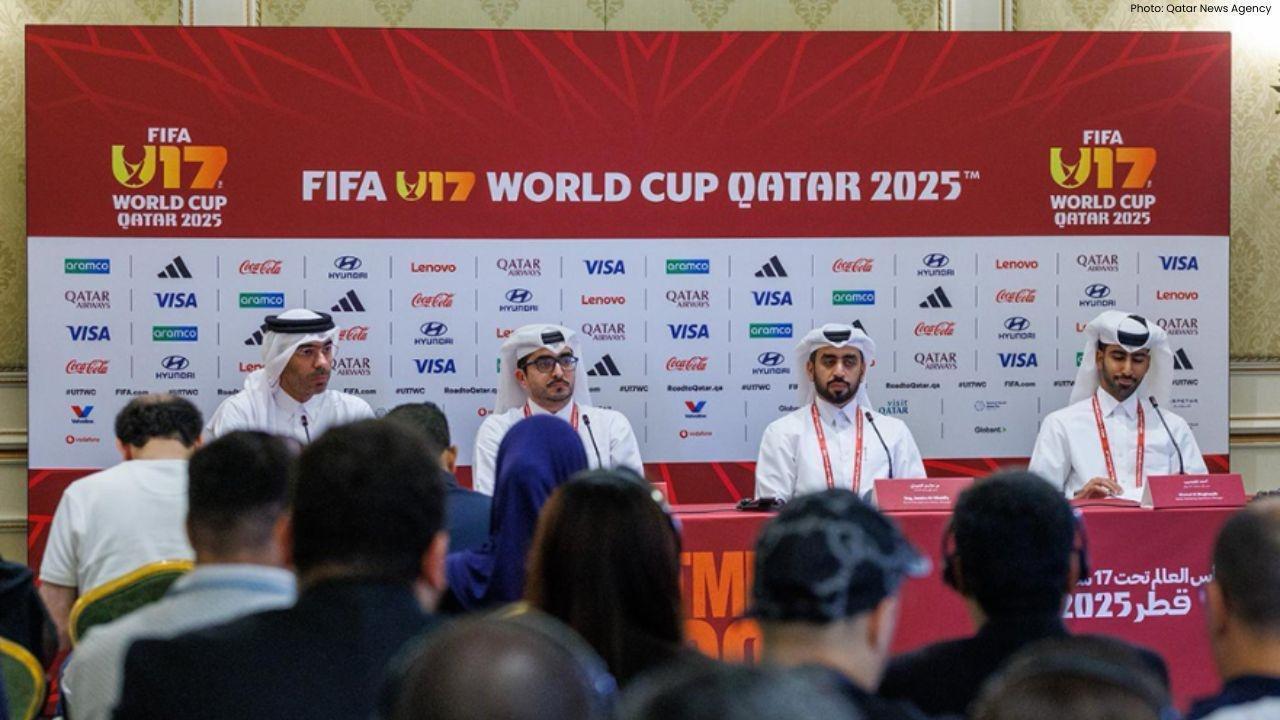
Qatar Ready to Host FIFA U-17 World Cup 2025 in Aspire
Qatar confirms full readiness to host the FIFA U-17 World Cup 2025 from November 3–27, with world-cl